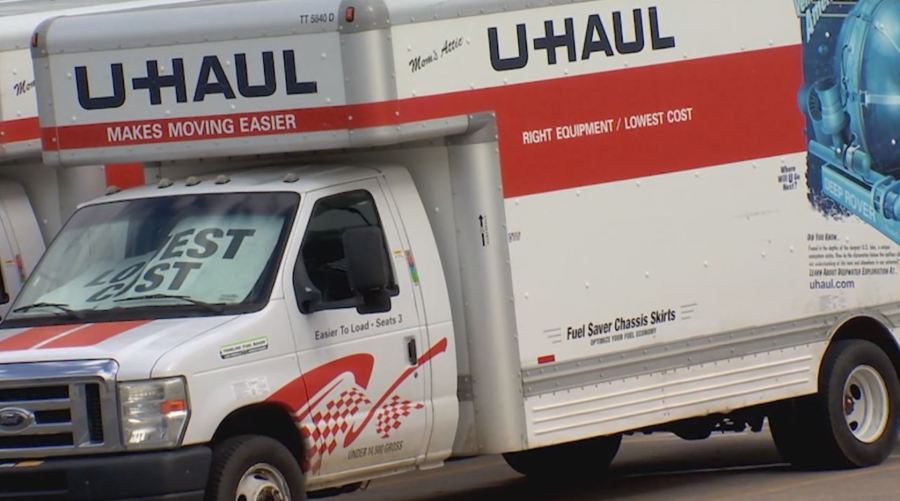NASHVILLE, Tenn. (WKRN) — Tennessee residents aren’t the only ones who have noticed the state’s immense growth.
U-Haul analyzed the number of customers utilizing one-way equipment over the course of 2024 to create a growth index. Tennessee had the fifth highest growth index for the fifth year in a row. The company said customers coming into the state accounted for over half of all one-way traffic last year.
Brentwood, Clarksville, Cookeville, Franklin, Hendersonville, La Vergne, Lebanon, Madison, Mt. Juliet, Murfreesboro, Nashville, Shelbyville and White House were listed as some of the state’s most notable growth cities.
“People here are friendly,” U-Haul area district vice president Jeff Porter said in a press release. “We say hello to someone when they pass you on the street. I think Southern charm goes a long way and appeals to a lot of people. Tennessee is just a good place to live, and there is a lot to do.”
Below is U-Haul’s full ranking for 2024:
- South Carolina
- Texas
- North Carolina
- Florida
- Tennessee
- Arizona
- Washington
- Indiana
- Utah
- Idaho
- Oklahoma
- Arkansas
- Maine
- Ohio
- Georgia
- Alabama
- Virginia
- Minnesota
- South Dakota
- Vermont
- Delaware
- Wisconsin
- Iowa
- Montana
- Kentucky
- Hawaii
- Alaska
- Missouri
- Nebraska
- West Virginia
- North Dakota
- Kansas
- New Hampshire
- Oregon
- Nevada
- Wyoming
- New Mexico
- Rhode Island
- Mississippi
- Colorado
- Connecticut
- Maryland
- Michigan
- Louisiana
- Illinois
- Pennsylvania
- New York
- New Jersey
- Massachusetts
- California
Kentucky also made the top 25, climbing up from 29 the year prior.
“Tennessee is a great place to start a business with the low tax burden,” Porter added. “We continue to see people moving in, and U-Haul is actively working on getting permits for multiple new facilities across the state to address growing demand.”
U-Haul’s analysis of more than 2.5 million transactions from last year also showed that California experienced the greatest loss for the fifth year in a row.
The company noted these rankings may not correlate with population or economic growth.




